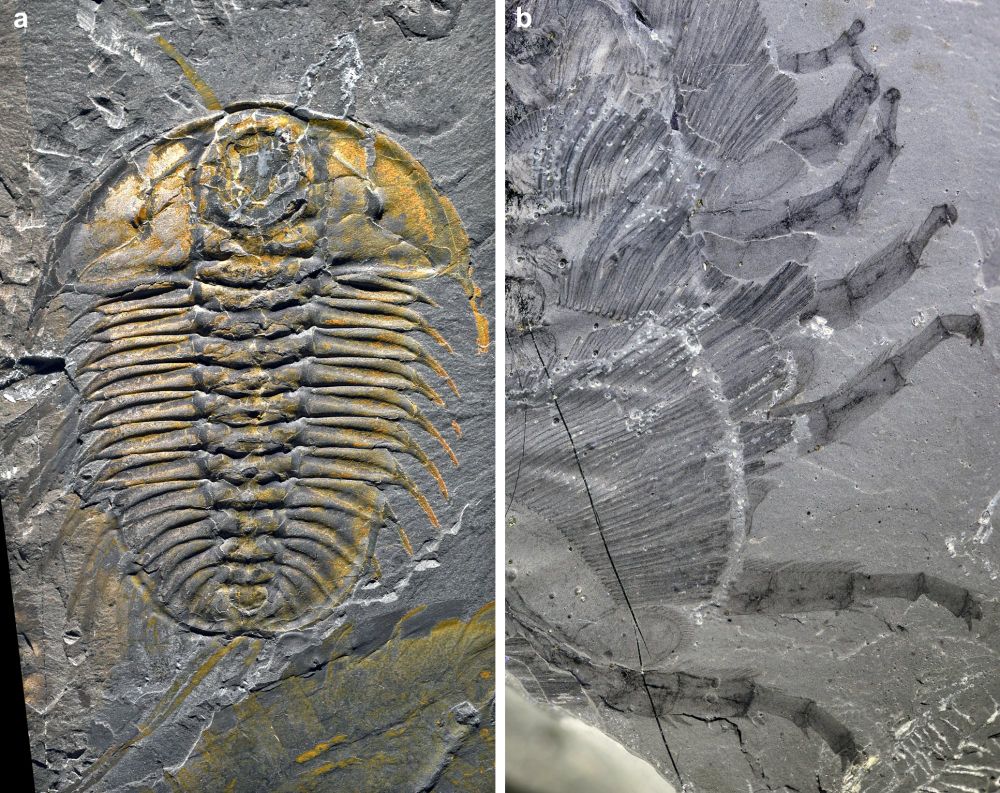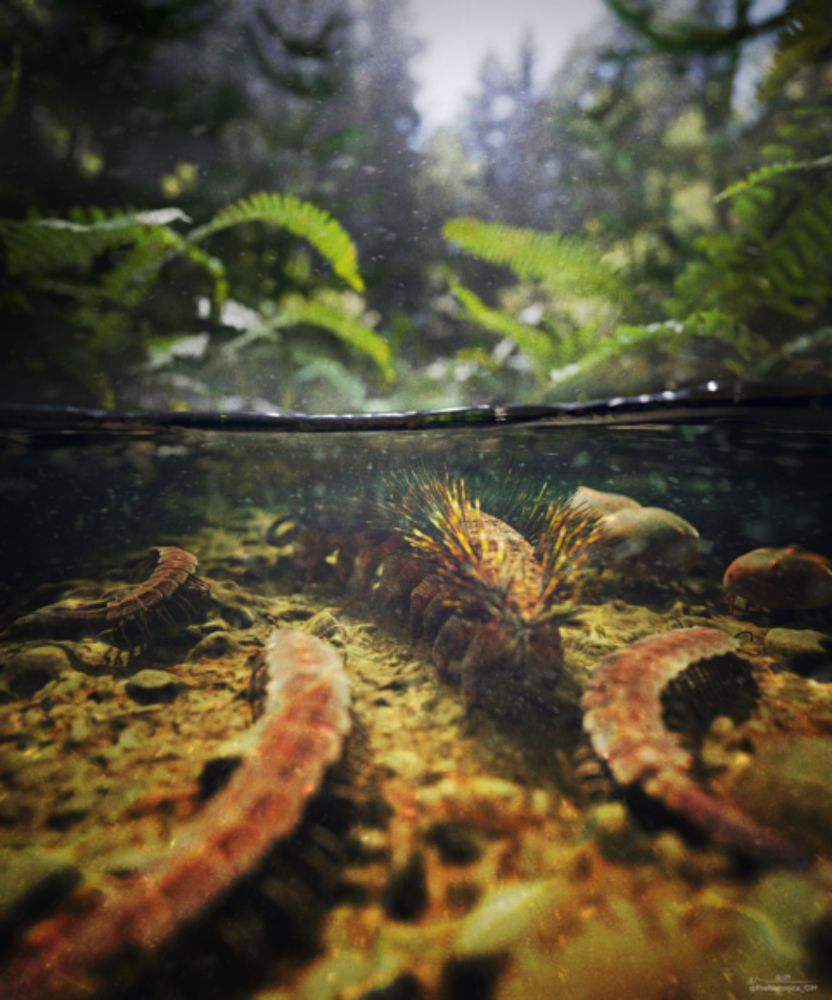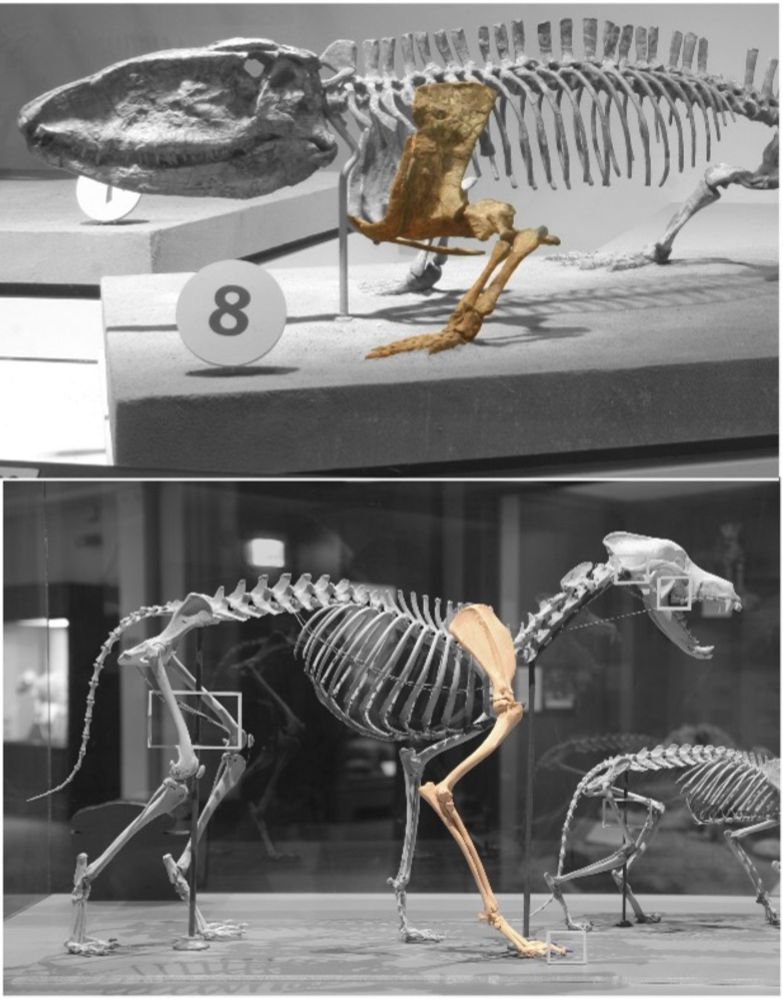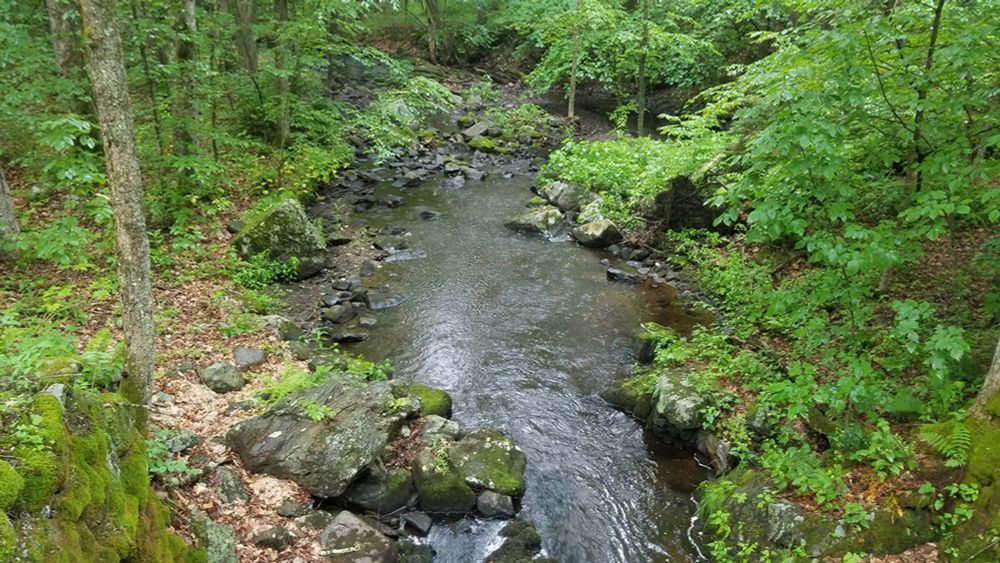




www.mcb.harvard.edu/department/n... @nbellono.bsky.social @zombiflied.bsky.social @rachellegaudet.bsky.social @rivaselenarivas.bsky.social @dulaclab.bsky.social @harvardoeb.bsky.social







www.mcb.harvard.edu/department/n... 🧬🧫🧪 @rachellegaudet.bsky.social @harvardoeb.bsky.social @neurovenki.bsky.social @naoshigeuchida.bsky.social @jeeyunc.bsky.social @fleshball.bsky.social @rivaselenarivas.bsky.social @dulaclab.bsky.social

www.mcb.harvard.edu/department/n... 🧬🧫🧪 @rachellegaudet.bsky.social @harvardoeb.bsky.social @neurovenki.bsky.social @naoshigeuchida.bsky.social @jeeyunc.bsky.social @fleshball.bsky.social @rivaselenarivas.bsky.social @dulaclab.bsky.social
news.harvard.edu/gazette/stor...
news.harvard.edu/gazette/stor...
tinyurl.com/t7tzwk5a
tinyurl.com/t7tzwk5a
@jopabinia.bsky.social finds true crabs left the marine environment 7-17 times & are 45 mil yrs older than previous estimates, dating to the Middle Triassic alongside some of the earliest dinosaurs! t.co/RzPPZVU34q
@jopabinia.bsky.social finds true crabs left the marine environment 7-17 times & are 45 mil yrs older than previous estimates, dating to the Middle Triassic alongside some of the earliest dinosaurs! t.co/RzPPZVU34q

